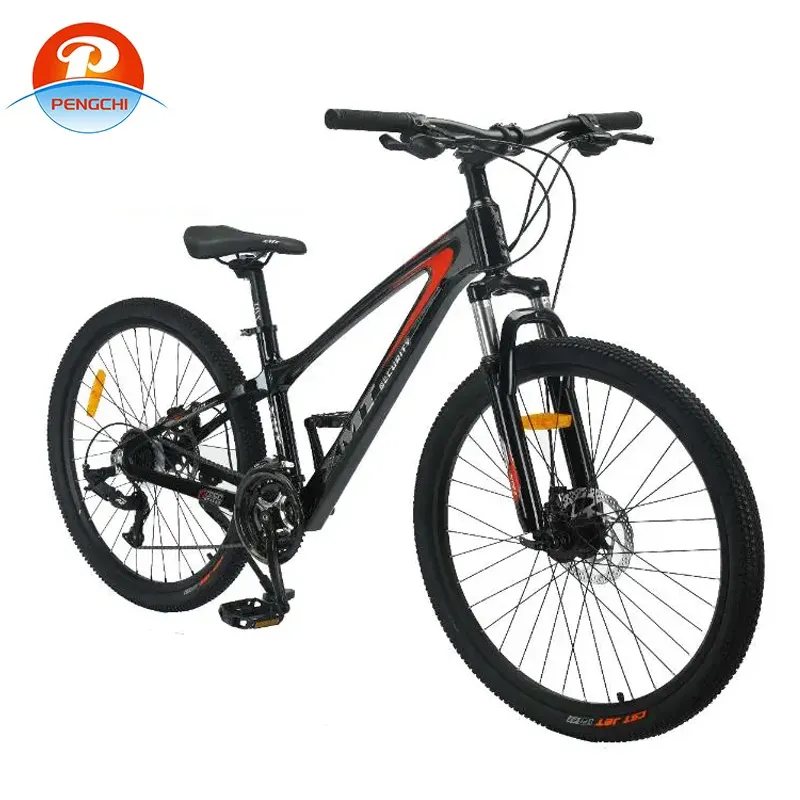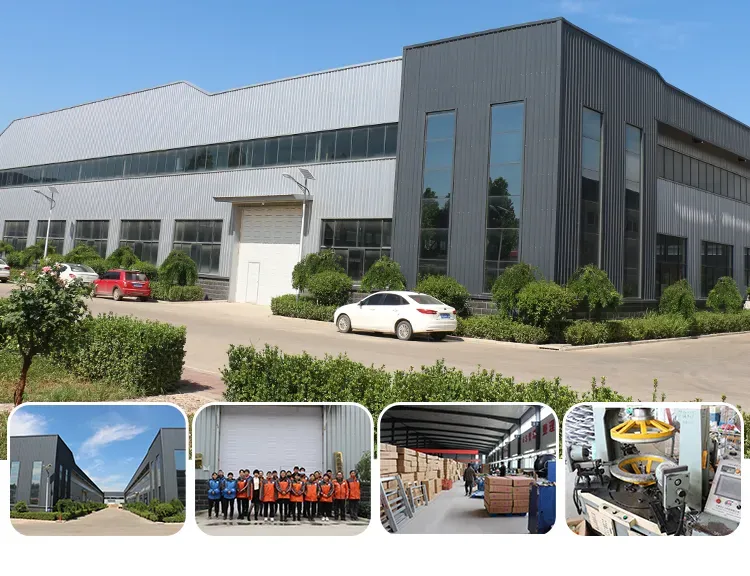2 月 . 06, 2025 06:25 Back to list
323High Quality 26 Inch 27 Speed Adult OEM Mountain Bike Suspension For Both Men And Women Biciletas Adult Bike MTB Wholesale Price
Choosing a carbon fiber mountain bike can revolutionize your off-road cycling experience. Unlike traditional mountain bikes, carbon fiber models offer a blend of lightweight structure and unmatched strength. As a seasoned cyclist with extensive industry insights, I've delved into the nuanced advantages these bikes provide, ensuring that you, too, can make an informed decision.
Expertise in mountain biking circles often entails discussions around comfort and ride quality, and this is where carbon fiber reigns supreme. The natural damping properties of carbon fiber significantly reduce road vibrations, leading to a smoother and more comfortable ride. This attribute is particularly beneficial during long rides or on rough trails, where minimizing fatigue can enhance performance and enjoyment exponentially. Personal experiences often echo this sentiment, with many cyclists noting a marked improvement in comfort compared to traditional metal-frame mountain bikes. Purchasing a carbon fiber mountain bike from a reputable brand or retailer also enhances trustworthiness. Top manufacturers prioritize rigorous testing procedures to ensure each frame meets high safety standards. By choosing a bike from a well-regarded company, you can enjoy peace of mind knowing that your bike's design and construction uphold stringent quality controls. Moreover, many of these brands offer extensive warranties, underscoring their confidence in the product's longevity and reliability. Environmental consciousness is another reason to consider carbon fiber bikes. Carbon production processes have increasingly adopted eco-friendly practices, aligning with the growing demand for sustainable products. Thus, selecting a carbon fiber mountain bike not only boosts your performance but also contributes to a greener future. Additionally, as cycling itself is a low-carbon means of transportation and recreation, investing in a state-of-the-art bike complements an environmentally conscious lifestyle. Ultimately, transitioning to a carbon fiber mountain bike is an investment in performance, comfort, and sustainability. While the initial cost may be higher than traditional bikes, the long-term benefits—in terms of ride quality, durability, and personalized design—are unparalleled. As an advocate for cycling and an enthusiast who has witnessed the transformative power of advanced bike technology, I wholeheartedly recommend carbon fiber mountain bikes to anyone seeking to elevate their off-road adventures.


Expertise in mountain biking circles often entails discussions around comfort and ride quality, and this is where carbon fiber reigns supreme. The natural damping properties of carbon fiber significantly reduce road vibrations, leading to a smoother and more comfortable ride. This attribute is particularly beneficial during long rides or on rough trails, where minimizing fatigue can enhance performance and enjoyment exponentially. Personal experiences often echo this sentiment, with many cyclists noting a marked improvement in comfort compared to traditional metal-frame mountain bikes. Purchasing a carbon fiber mountain bike from a reputable brand or retailer also enhances trustworthiness. Top manufacturers prioritize rigorous testing procedures to ensure each frame meets high safety standards. By choosing a bike from a well-regarded company, you can enjoy peace of mind knowing that your bike's design and construction uphold stringent quality controls. Moreover, many of these brands offer extensive warranties, underscoring their confidence in the product's longevity and reliability. Environmental consciousness is another reason to consider carbon fiber bikes. Carbon production processes have increasingly adopted eco-friendly practices, aligning with the growing demand for sustainable products. Thus, selecting a carbon fiber mountain bike not only boosts your performance but also contributes to a greener future. Additionally, as cycling itself is a low-carbon means of transportation and recreation, investing in a state-of-the-art bike complements an environmentally conscious lifestyle. Ultimately, transitioning to a carbon fiber mountain bike is an investment in performance, comfort, and sustainability. While the initial cost may be higher than traditional bikes, the long-term benefits—in terms of ride quality, durability, and personalized design—are unparalleled. As an advocate for cycling and an enthusiast who has witnessed the transformative power of advanced bike technology, I wholeheartedly recommend carbon fiber mountain bikes to anyone seeking to elevate their off-road adventures.
Next:
Latest news
-
Toy Car with Parental Remote - Safe Electric Ride-On Car with Parental Control
NewsJun.10,2025
-
Cheap Bikes for Students - Affordable & Durable Student Bicycles Online
NewsJun.10,2025
-
Children Balance Bike Lightweight & Adjustable OEM Designs
NewsMay.30,2025
-
Junior BMX Race Bikes Lightweight, Durable & Speed-Optimized
NewsMay.30,2025
-
21-Speed Foldable Gear Cycle Compact & Portable Commuter Bike
NewsMay.30,2025
-
Affordable & Durable Bikes for Students Campus Commutes Made Easy
NewsMay.29,2025



